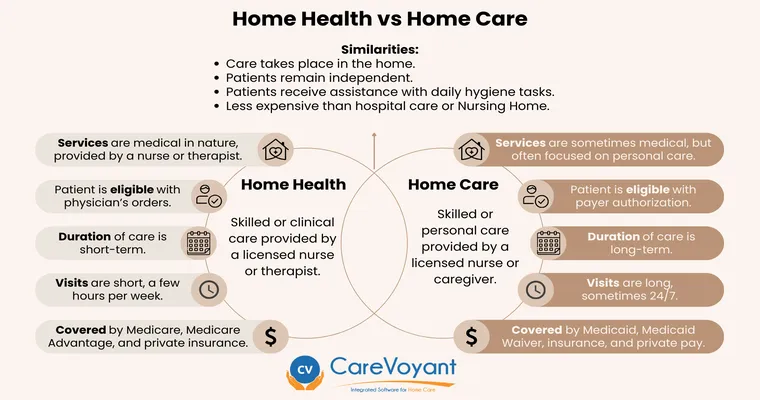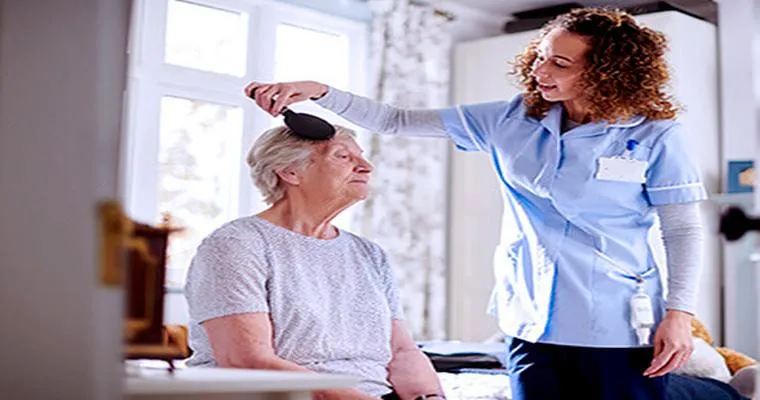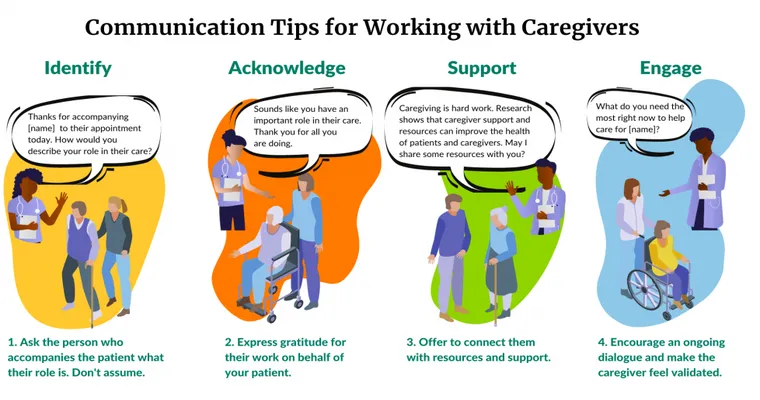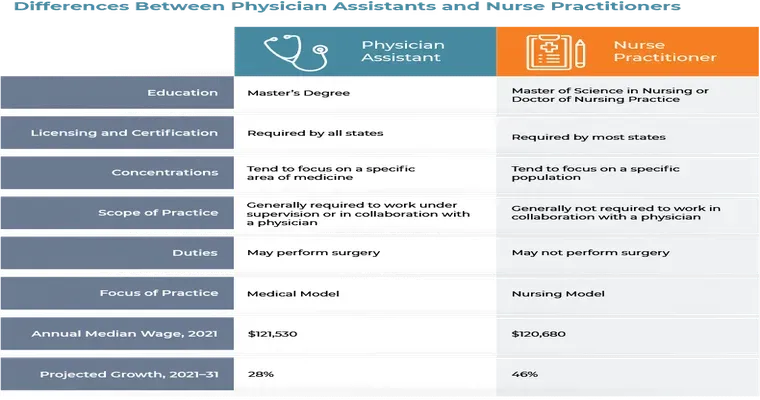When seeking "in-home care services", many families often wonder why the "in-home care agency" does not allow direct communication with the "care providers". This common concern can stem from a desire for transparency and the need to build trust with those who will be responsible for caring for loved ones. Understanding the reasoning behind this policy can help families navigate the complexities of in-home care and ensure the best outcomes for their loved ones.
One of the primary reasons agencies restrict direct communication with care providers is to maintain a "professional boundary". The relationship between clients, families, and caregivers should be rooted in professional respect. By limiting direct contact, agencies aim to prevent any potential misunderstandings or emotional complications that could arise from personal interactions. This professional boundary helps ensure that caregivers remain focused on their duties without the added pressure of personal relationships with clients or their families.
Additionally, in-home care agencies often have established protocols and procedures that govern how care is provided. When communication occurs through the agency, it allows for a more structured approach to care management. Families can communicate their needs and concerns to the agency, which then relays this information to the appropriate care providers. This system ensures that all communication is documented and handled by trained professionals, reducing the risk of miscommunication and ensuring that care plans are followed accurately.
Moreover, the agency acts as a mediator between families and caregivers. This mediation can be essential in resolving any issues that may arise during the care process. If families were allowed to speak directly to providers, it could lead to inconsistencies in the care being provided, especially if different family members have varying expectations or requests. By having a single point of contact, the agency can provide a unified approach to care, ensuring that all parties are on the same page.
Another important factor is the "training and qualifications" of the providers. Agencies typically employ caregivers who are trained to handle specific situations and understand the protocols of their agency. By controlling the communication, the agency can ensure that caregivers provide information that aligns with their training and the agency's policies. This quality control helps maintain the standard of care and protects both the clients and the agency.
Lastly, in-home care agencies must also consider the "privacy" and "confidentiality" of their clients. Direct communication between families and care providers could inadvertently lead to breaches of privacy, especially if sensitive information is shared outside of the established protocols. By centralizing communication through the agency, families can feel more secure knowing that their loved one's information is being handled with care and professionalism.
In conclusion, while the desire to speak directly to care providers is understandable, there are several valid reasons for the policies set by in-home care agencies. Maintaining professional boundaries, ensuring effective communication, providing quality control, and protecting client privacy are all crucial elements of delivering high-quality in-home care. Families should feel encouraged to communicate openly with the agency, knowing that their loved ones are in capable hands. By working together with the agency, families can ensure that their loved ones receive the best possible care tailored to their individual needs.





